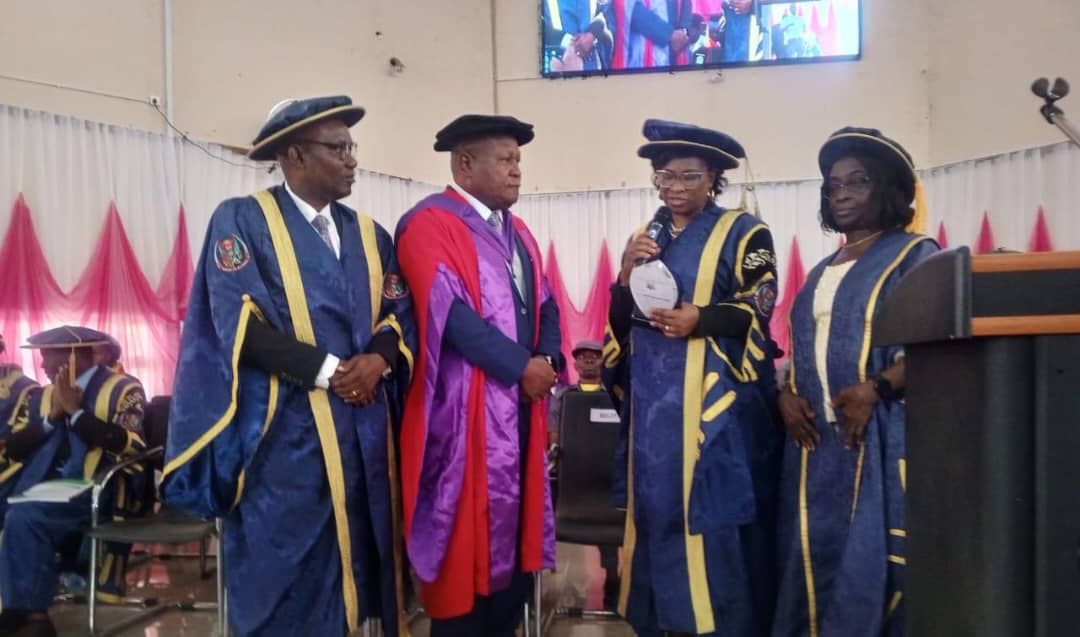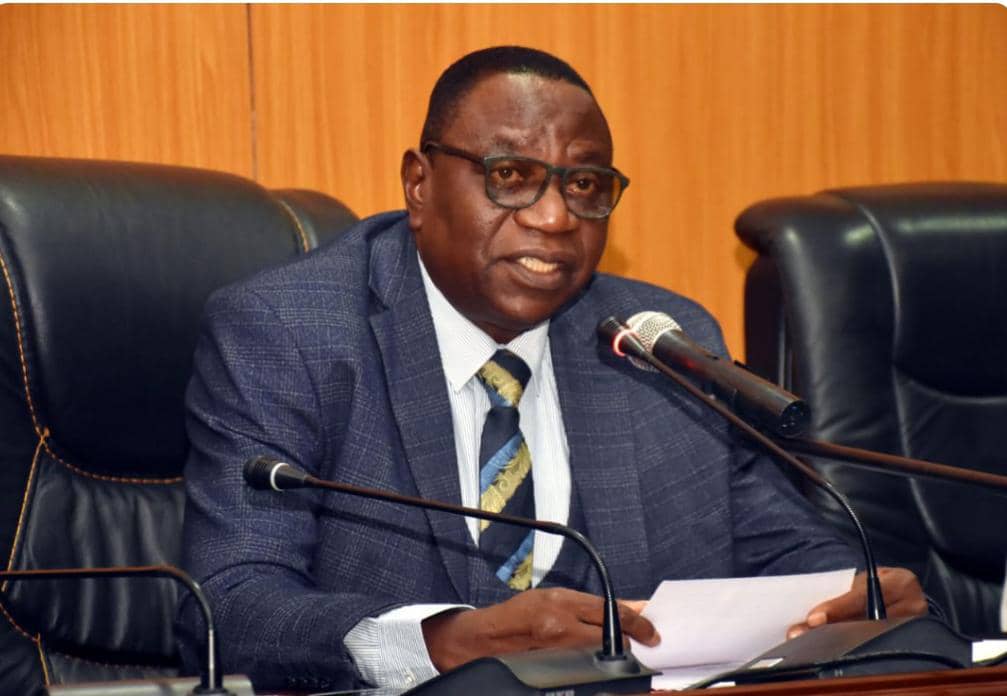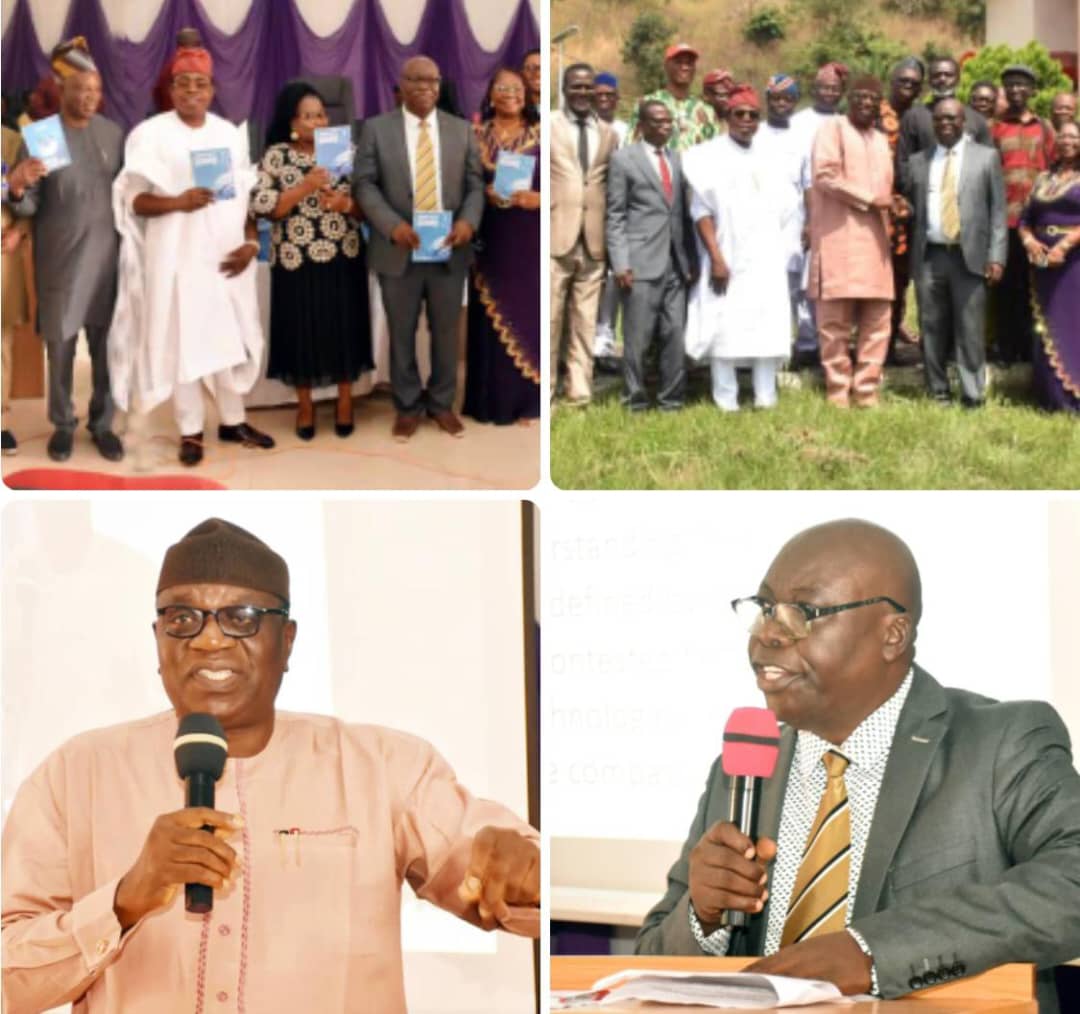
A former Minister of Defence and ex-Attorney General of the Federation, Prince Adetokunbo Kayode, SAN, has expressed concerns over high rate of unemployed youths and graduates in Nigeria, warning that it’s depressing and unacceptable a situation in which 53.4 per cent of them are unemployed.
He has therefore advocated skills development for graduates.
Kayode who stated this while delivering the 36th convocation lecture of the Federal University of Technology, Akure (FUTA), attributed the unemployment among youth and graduates in the country on the lack of skills and skills mismatch.
The former Minister told 2,727 university graduates that skills development must be the most critical issue for Nigerian youth today if the problem of unemployment is to be solved.
Consequently, Kayode charged young Nigerians to acquire relevant, high-quality skills that translate into dignified employment, productive entrepreneurship, and national socio-economic development.
Speaking on the topic, “Strategies and Tactics for Solving Skills Challenge in Nigeria: The Roles of Government, Institutions, and the Youth,” Kayode said agriculture, mining, technology, energy, and construction are the growth sectors in Nigeria. However, he said there is a persistent mismatch between supply and employers’ needs.
Proffering a solution to the gap between mismatch and labour demands, Kayode said there is a need to implement a structured set of strategies and tactics that can properly match skills and address the training of Nigerian youth to accommodate the skills requirements in identified areas of sectoral development.
The former Minister lauded the federal government for instituting the National Policy on Skills Development under the Federal Ministry of Education, with the aim of equipping Nigerian youth with the essential skills needed to excel by aligning educational curricula and training programs with industry requirements.
He said the policy would close or bridge the gap between the education system and the labour market and create a robust framework for skills development across Nigeria.
However, Kayode admonished the federal government to implement a global restructuring of curricula from primary to tertiary levels to align with identified national growth sectors. He said there is no clarity as to the responsibility for curriculum development and strategic direction in the country presently.
To achieve the goals outlined in the National Skills Policy, Kayode said, “Nigeria must move away from Industrial Training Fund (ITF), and other moribund agencies and break new ground.”
According to him, Nigeria “Should establish a dedicated National Skills Development Fund, drawing a percentage of funds from ITF, NASENI, TETFUND, and PTDF, specifically to finance massive TVET skills and training as a national priority.”
He said Nigeria “Must leverage technology by investing in e-learning infrastructure and digital platforms to democratize access to quality educational content and skills training, especially in rural areas.”
He said, “Young people must accept the fact that formal education is just the start, and recognise the need for continuous upskilling and reskilling to remain competitive in a rapidly changing labour market.
“Do not wait for institutions to provide everything. Actively seek out online courses, certifications, bootcamps, and apprenticeships in high-demand fields outside the traditional academic or even the TVET structure.”
“You must proceed on the basis that you will make progress and achieve only if you are an employer. The current skills challenge becomes an opportunity for skills acquisition, application, and innovation in starting small businesses or social enterprises, thus creating jobs for yourselves and others.
“Digital Literacy is a must, irrespective of your degree. All modern jobs require a foundation in digital literacy. The richest people in the world today are people in the digital economy.
“In developing countries, they are also the people in the industrial economy. In Nigeria, young Nigerians are doing very well in the creative economy and technology space. You all require the basic digital literacy, then you can scale up,” Kayode said.
In a remark, the Vice Chancellor of FUTA, Prof Adenike Oladiji charged graduates to embrace skills development for them to get to the top.










